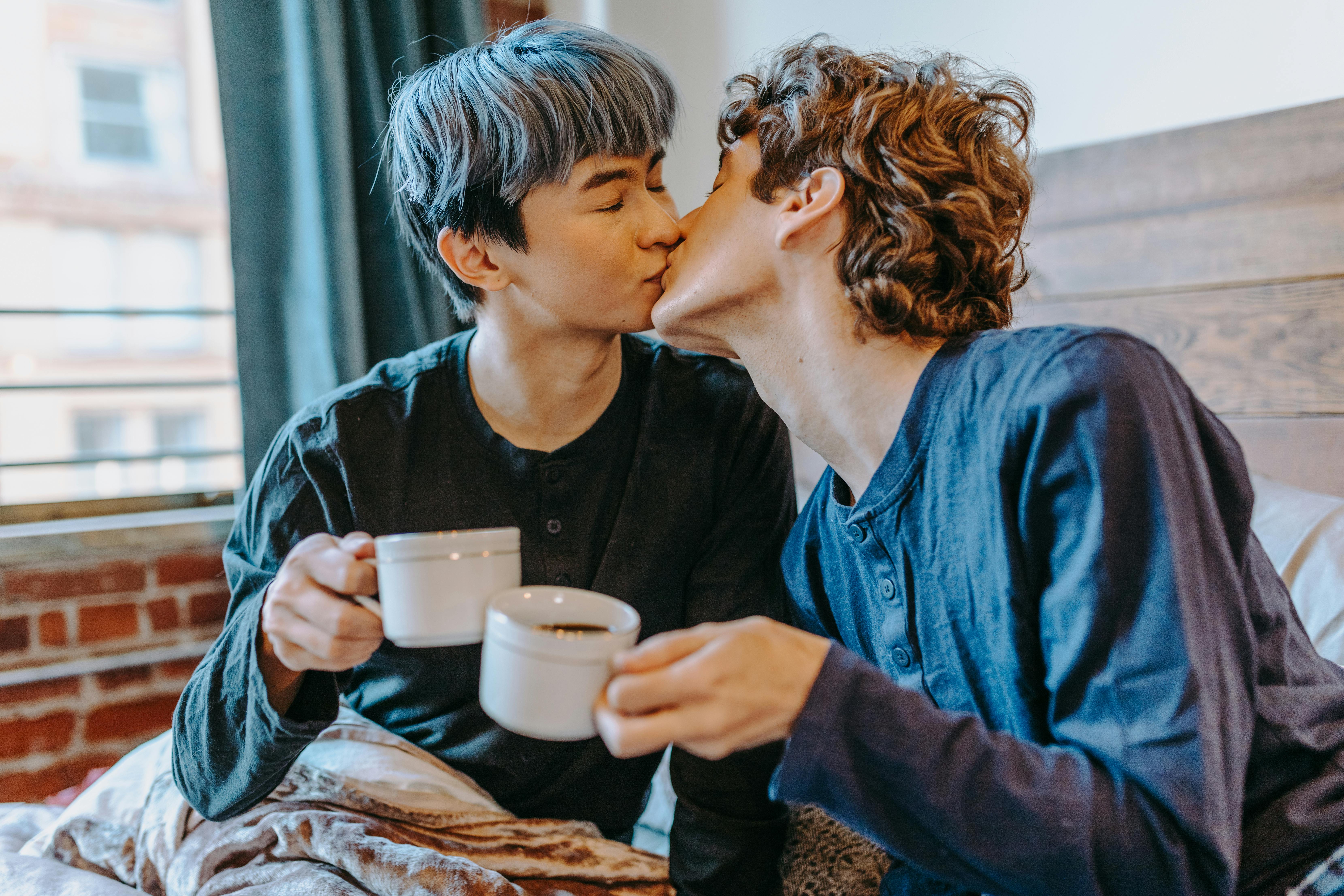Ready for DeClutter? You can change the way your things affect you, your space and your time
Disorder. What does that word evoke in you? How does your energy change when you listen to it? For many, clutter is a chronic challenge, and its causes, as well as its impact, go beyond mere ‘clutter’.
Disorder, disorder everywhere…
Living life means interacting with lots and lots of things. The more committed we are, the more attached we become.
As you can imagine, this is an important insight as to why we can sometimes acquire things that later become “clutter” for us. (And when I talk about ‘stuff’ in this post, I also mean virtual clutter: the items we save, the shortcuts we place on our desktops to visit later. In short, I mean anything that somehow , come to possess.)
Disorder and let go…
So not only is it easy to acquire things that we don’t really need (or even want), but also, importantly, it seems like it can actually be physically difficult to put those things down.
In a study conducted at Yale, researchers identified the part of the brain that is involved in the act of letting go. What they found was:
Your brain sees the loss of one of your valuable possessions as something that causes you physical pain.And the more you’ve committed yourself emotionally or financially to an item, the more you’ll want to keep it.
Disorder, your space and your time
While letting go of clutter can be painful, its impact on you is even more so. Clutter affects your energy, your productivity, your stress level…everything about how you spend your time and, ultimately, how you live your life.
That may sound like an exaggeration, but I think it’s not. Clutter constantly competes for your attention, no matter where you are or what you’re doing.
- Your cluttered desk is wearing thin as stacks of paper draw your attention and add to your stress as you try to focus on completing an article for your e-zine.
- Your messy wardrobe means it takes you longer to decide what to wear in the morning.
- And your cluttered inbox prevents you from accessing the emails that really matter.
Clutter: What Helps?
Well, for starters, hoarding less means you’ll have less to drop later on. This is a change you can gradually commit to. You can give yourself an immediate boost by cultivating gratitude and an attitude of abundance.
It also helps to reward yourself every time you let go of something that contributes to your clutter. Letting go becomes easier with practice, and validating your efforts helps. want you continue.
Finally, cultivating boundaries is key to reclaiming the space clutter occupies. Whether it’s physical or mental clutter, your boundaries, and more especially your inner boundaries, help you reduce distractions and focus on what you need to. You can literally think of your boundaries as clearing clutter and creating space.
And once you experience how good it feels to have that clutter-free space, you’ll be more motivated to let go of more ‘stuff’. That’s a real win-win!
